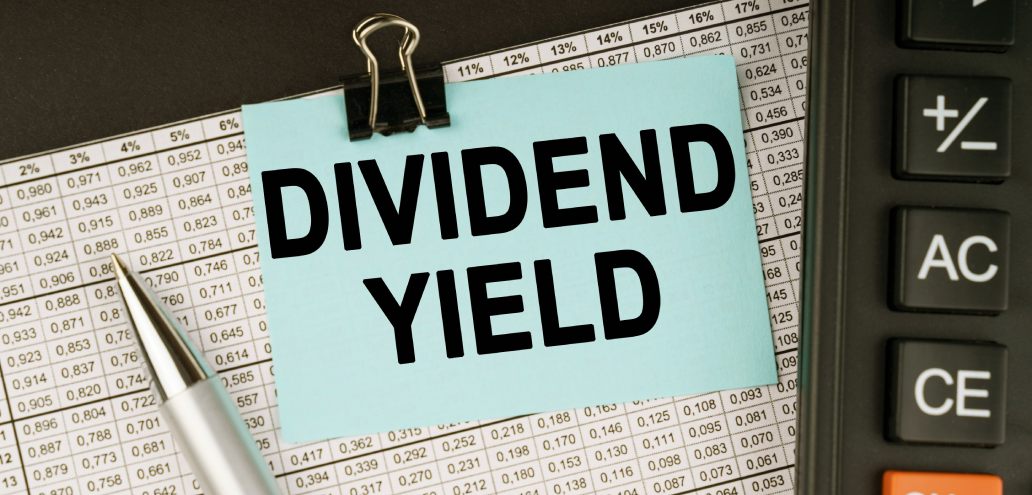Last Updated on October 24, 2023 by Ephraim Vecina
Canada should brace itself for a major recession in as little as a year and a half, according to economist Campbell Harvey’s previously successful economic model.
The U.S. Treasury yield curve model, which Harvey developed for his 1986 Ph.D., has shown an inverted reading thrice: in 1989, in 2000, and in 2006.
All of these were immediately before the three major recessions of 1990-1991, 2001, and 2008. Worryingly, as of July 2019, the curve has been on an inverted state for an entire fiscal quarter.
“The key thing is, that’s exactly what it looks like before all recessions a year or a year and a half in advance so this is not surprising at all. This signal delivers a nine- to 18-month advance warning, historically,” Harvey said in an interview with Global News.
He added that what the curve essentially shows is that short-term bonds are paying higher rates than long-term bonds. This is a dangerous combination, despite unemployment being at an all-time low and the stock market at a record high.
“The idea of the yield curve is that when you lock up your money for different periods of time, you expect a different [interest] rate. The rate is almost always cheaper than if you commit for longer periods of time,” Harvey explained.
“It’s almost always the case that the longer-term rates are higher than the shorter-term rates, but on certain rare occasions, it goes the other way. And that’s what we have today.”
Last month, RBC Global Asset Management chief economist Eric Lascelles warned that any North American recession will have a much more significant impact on Canada than on the United States.
A major driver of this would be existing household debt levels, which will ultimately amplify the negative effects of any downturn. As of Q4 2018, Canada’s debt-to-income ratio was at 176%, significantly higher than the 133% level seen in the U.S.
“If there were to be a recession, whether it’s in 2019 or 2029, or sometime in between, you can imagine Canadians getting hit a little harder than Americans,” Lascelles added. “They just have less room for error, less room to cushion any kind of hit with spending, before they would actually fall into outright dissavings.”
“There’s just no latent capacity to spend or to buffer a shock in Canada, and the U.S. is very well positioned.”
Ephraim is currently a journalist at Mortgage Broker News, Real Estate Professional and Canadian Real Estate Wealth.
Ephraim is a highly accomplished news reporter whose work has been published across North America and the Asia Pacific region. Before joining Key Media, Ephraim spent eight years working as a journalist with Reuters TV. His areas of expertise include real estate, mortgage, and finance.
LinkedIn | Email









